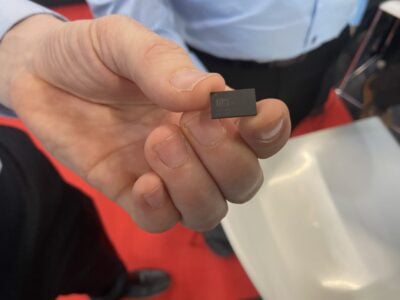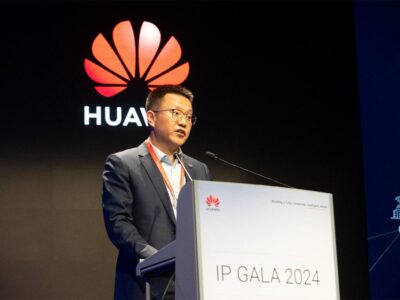
IBM on ‘quantum supremacy’
In its official announcement, Google said that its 54-qubit Sycamore processor was able to perform a calculation, which involved generated random numbers, in 200 seconds that would have taken the world’s most powerful supercomputer 10,000 years. In other words, says the company, its processor performed a calculation would be essentially impossible on a traditional computer, meeting the definition of “quantum supremacy.”
Not so fast, says IBM. In a blog post responding to Google’s announcement, IBM researchers disputed Google’s claim.
“In [Google’s] paper,” say the researchers, “it is argued that their device reached ‘quantum supremacy’ and that ‘a state-of-the-art supercomputer would require approximately 10,000 years to perform the equivalent task.’ We argue that an ideal simulation of the same task can be performed on a classical system in 2.5 days and with far greater fidelity.”
In fact, say the researchers, this is a conservative, worst-case estimate, and they expect that with additional refinements the classical cost of the simulation can be further reduced. As a result, they say, if the term “quantum supremacy” describes the point where quantum computers can do things that classical computers can’t, this threshold has not been met.
“When [Google’s] comparison to classical was made, they relied on an advanced simulation that leverages parallelism, fast and error-free computation, and large aggregate RAM, but failed to fully account for plentiful disk storage,” say the IBM researchers.
In contrast, IBM’s classical simulation approach uses both RAM and hard drive space to store and manipulate the state vector. In addition, say the researchers, their simulation approach features a number of “nice” properties that do not directly transfer from the classical to quantum worlds, and that a number of factors could substantially accelerate their simulation, including new and better classical hardware and code optimizations to more efficiently utilize the classical hardware, as well as the potential of leveraging GPU-direct communications to run the kind of supremacy simulations of interest.
“Building quantum systems is a feat of science and engineering and benchmarking them is a formidable challenge,” say the IBM researchers. “Google’s experiment is an excellent demonstration of the progress in superconducting-based quantum computing, showing state-of-the-art gate fidelities on a 53-qubit device, but it should not be viewed as proof that quantum computers are “supreme” over classical computers.”
The researchers also argue that the term “supremacy” itself is misunderstood by nearly everyone outside of experts in the quantum computing field. They cite the current example as a case where the definition has not strictly been met. Further, they add, quantum computers will never reign “supreme” over classical computers. Rather, they say, they will work in concert, since each has unique strengths.
“Since we already have ample evidence that the term “quantum supremacy” is being broadly misinterpreted and causing ever growing amounts of confusion,” say the researchers, “we urge the community to treat claims that, for the first time, a quantum computer did something that a classical computer cannot with a large dose of skepticism due to the complicated nature of benchmarking an appropriate metric.”
“For quantum to positively impact society, the task ahead is to continue to build and make widely accessible ever more powerful programmable quantum computing systems that can implement, reproducibly and reliably, a broad array of quantum demonstrations, algorithms and programs,” the researchers conclude. “This is the only path forward for practical solutions to be realized in quantum computers.”
Related articles:
Google quantum processor aims for ‘supremacy’
Google processor achieves quantum supremacy
IBM achieves quantum computing milestone, establishes roadmap
Probabilistic computing demonstration promises ‘poor man’s qubit’
 If you enjoyed this article, you will like the following ones: don't miss them by subscribing to :
eeNews on Google News
If you enjoyed this article, you will like the following ones: don't miss them by subscribing to :
eeNews on Google News




